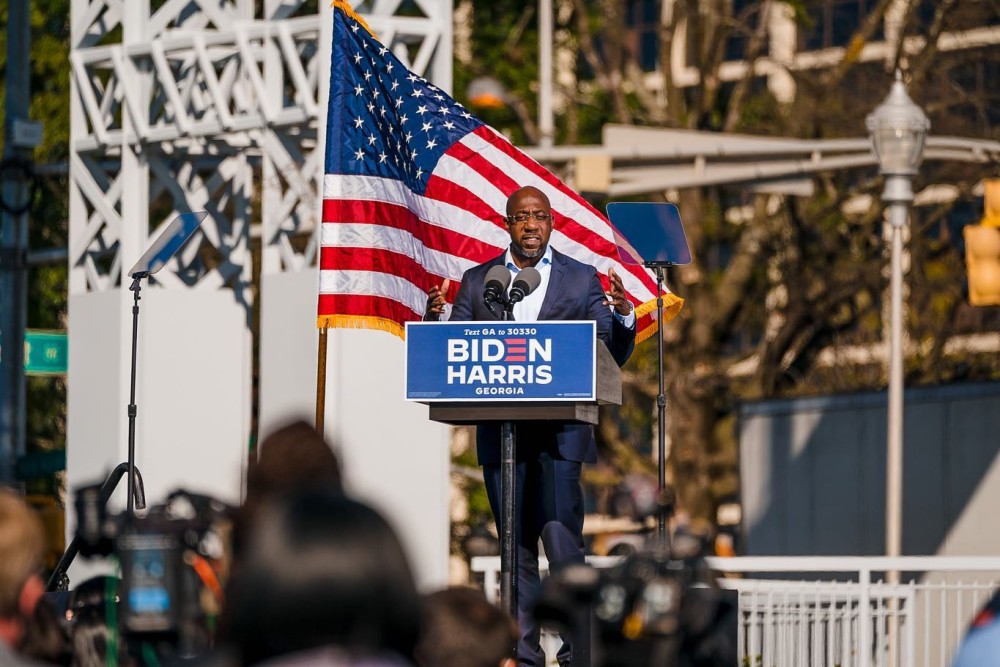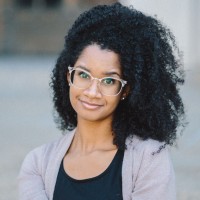Religious diversity in the election

On November 3, the United States elected its first Catholic president in 60 years, but that wasn’t the only important religion angle of the 2020 election.
More than 100 Muslims ran for office this year, and five states elected their first Muslim state lawmakers. Madinah Wilson-Anton was elected to the Delaware House of Representatives, while Iman Jodeh won a seat in Colorado’s house. In Florida, Christopher Benjamin was elected to the House of Representatives, and Mauree Turner was elected to the Oklahoma legislature. Samba Baldeh was elected to the Wisconsin’s State Assembly.
“It was incredibly surreal. I felt like we had the chance to make history in Colorado,” Jodeh, the daughter of Palestinian immigrants, told local media after her historic win.
Turner, who is also the first nonbinary state legislator, told the Washington Post that their campaign was all about visibility. “The legislature hasn’t always been a friendly or welcoming place to many folks, and this was about drawing space—not fighting for a seat at the table, but creating a new table altogether.”
In Georgia, Kim Jackson, an Episcopal priest, became the first openly lesbian candidate to be elected to the Georgia State Senate—and only the third openly LGBTQ Black woman to be elected to the senate of any state.
Annise Parker, president and CEO of the LGBTQ Victory Fund—a nonprofit dedicated to electing openly LGBTQ candidates—hailed Jackson’s win. “As an Episcopal priest, Kim can diffuse legislators who claim religion as the reason they oppose equality and will make clear that many LGBTQ people are of faith too,” she said in a statement.
Also in Georgia, Raphael Warnock, who pastors Ebenezer Baptist Church in Atlanta—the church where Martin Luther King Jr. was pastor—will head to a January runoff election for one of the state’s US Senate seats. Warnock hopes to become the state’s first Black senator. Neither he nor the Republican incumbent, Kelly Loeffler, earned 50 percent of the vote on November 3, as Georgia requires.
Kirk White, founder of the Wiccan Church of Vermont, became one of a handful of pagan lawmakers when he won a seat in the Vermont General Assembly. White told the pagan blog Wild Hunt that his spirituality was not an obstacle to his election.
“I have never been in the broom closet, and a quick Google search—which many neighbors did—will tell you lots of things about me. And that was not a barrier to my election,” he said. “Years of hard volunteer work pays off. I am humbled, honored, and overjoyed that my neighbors supported me.”
The Catholic vote, which was the topic of much discussion before the election, was split almost evenly between Democrats and Republicans, according to Associated Press exit polls. Fifty percent voted for Donald Trump, while 49 percent voted for Joe Biden.
That same polling found that about 80 percent of White evangelicals voted for Trump, while Black and Latino Christians largely supported Biden.





